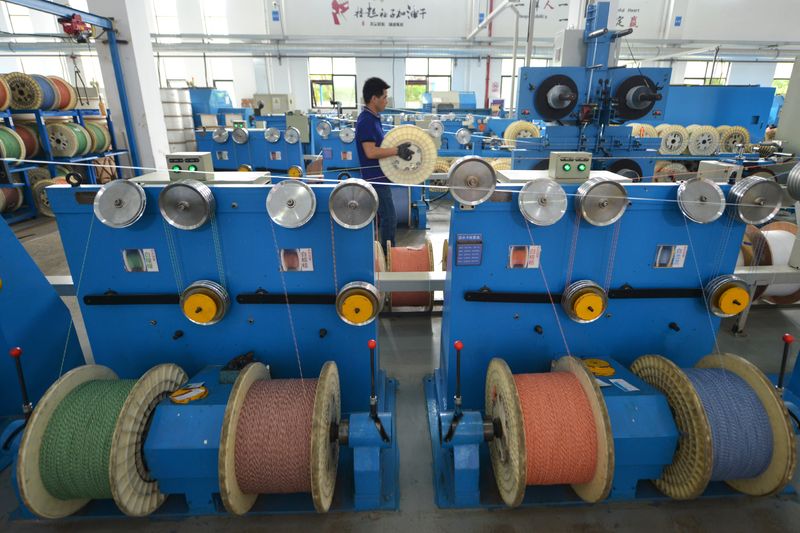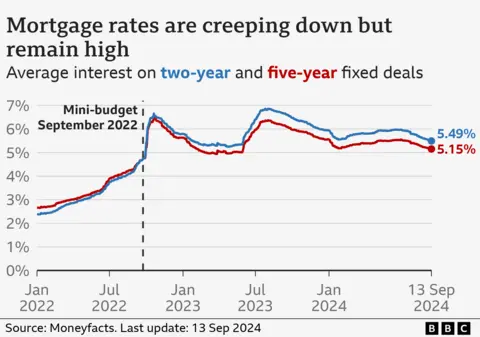Semiconductor stocks tumbled on Wednesday after former US president Donald Trump said Taiwan should pay for its own defence and the US was reported to be considering tougher restrictions on trading chips with China.
The tech-heavy Nasdaq Composite index fell 2.8 per cent in New York, marking its worst day since December 2022. The S&P 500 index was 1.4 per cent lower, ending a three-session winning streak.
“Investors have got used to nonstop good news from tech stocks, so the slightest bit of negativity has caught people off guard and caused panic on the markets,” said Dan Coatsworth, an investment analyst at AJ Bell.
Chip stocks led the declines, with Nvidia down 6.6 per cent and AMD falling 10.2 per cent. In Europe, ASML had its worst day since 2020 with an 11 per cent drop, following a Bloomberg report that the Biden administration was considering more severe trade restrictions on the sales in China of companies that include the Dutch semiconductor equipment maker.
Adding to worries over a sector that has driven much of the US equity market’s gains this year, Joe Biden’s presidential rival Trump told Bloomberg that Taiwan, which is central to the global chipmaking industry, should pay for its own defence.
The US-listed shares of industry bellwether Taiwan Semiconductor Manufacturing Co slipped 8 per cent.
“The semi stocks are getting it from both sides of the political aisle,” said Steve Sosnick, chief markets strategist at Interactive Brokers.
“If the rotation from outperforming tech morphs into a bigger rout in the megacap stocks that have been driving the bus [leading the market rally], then there is really no place for investors to hide,” he added.
Ajay Rajadhyaksha, global chair of research at Barclays, said the moves reflected investors’ heightened focus on political risk, the much higher odds over the past three weeks of Trump winning the US election and a continuation of the “very aggressive rotation trade” away from large-caps and towards smaller companies.
“You’ve had this incredible move in tech in the last year and a half,” he said, “so it’s people taking profits on news.”

In contrast to the sharp declines in stocks with large Asian exposures, chip stocks with more US manufacturing capacity posted strong gains. Shares in GlobalFoundries jumped almost 7 per cent. Intel briefly rose by as much 8 per cent to hit a three-month high, but shed most of the gains by the close.
“There has already been massive sector rotation in the past week — for example, anything that is Trump-oriented like industrials, that fits the ‘make America great’ narrative, has rallied. This is just adding to it,” said Ted Mortonson, a tech strategist at Baird.
Excitement around AI has driven huge stock-price gains for the likes of Microsoft and Nvidia this year. However, in recent weeks, some analysts and investors have begun to voice concerns about how soon Big Tech will see returns from the tens of billions of dollars it is investing in AI infrastructure.
Christophe Fouquet, chief executive of Netherlands-based ASML, the leading supplier of high-end chipmaking equipment, said on Wednesday he was confident the chip industry would recover next year, driven largely by AI, but admitted to a “lot of uncertainty” around its pace and shape.
Additional reporting by Ray Douglas

















































